Q. Tell us a little bit about Trine, including your interests, activities, and key challenges with investing in the off-grid sector in Africa.
A. Trine provides affordable and scalable debt financing to solar companies in emerging markets. Based out of Gothenburg, Sweden, but with a globally distributed team, Trine raises finance from retail and institutional investors in Europe and then matches solar companies with this capital. This helps in bridging the solar companies’ financing gap while providing investors with investment opportunities that have a direct positive impact on people and the planet. Our portfolio is made up of solar companies specializing as Commercial and Industrial (C&I) developers and Solar Home Systems (SHS) companies. We are also reviewing opportunities in the green mini-grid (GMG) sector and productive use equipment (PUE). Geographically, Africa has the biggest share of our portfolio.
One of the challenges of investing in the off-grid sector in Africa has been that many SHS customers cannot afford to buy a home system outright due to low incomes in Africa. The SHS sector responded to this problem by introducing flexible payment terms, known as Pay-As-You-Go. However, this innovation led to a new challenge of low payment-collection rates, which reduces SHS companies’ cash flow needed for operations and purchase of inventory, leading to losses or low profitability. A lower collection rate also means that investors need higher returns to compensate for the commensurate increase in risk, thus creating a negative loop.
Q. How does the collaboration with CEIA support Trine?
A. We have entered into an agreement with CEI Africa, under which we can access a credit facility of EUR 3 million to co-finance qualified companies in the off-grid energy sector alongside our retail investors who invest via our platform. The cooperation between CEI Africa and Trine is expected to go beyond this agreement as both parties will also look to co-invest directly in opportunities that will be evaluated together.
Our partnership with CEI Africa will act as a catalyst for more investments in the solar energy sector. More private investments need to be unlocked and our cooperation with CEI Africa will support and strengthen our capacity to invest in the sector and help de-risking the projects for our retail investors. In addition, CEI Africa will provide Technical Assistance to support the practical implementation of our E&S policy and building a pipeline in the off-grid sector in countries where investment is needed. We also expect CEIA to help us build our presence in the nascent green mini-grid sector.
Q. What is unique about this partnership compared to others?
A. One of the desired outcomes from this collaboration is to entrench ESG in our borrowers for the common good. By providing a simple-to-implement toolkit for our borrowers, we believe that borrowers who are yet to have robust ESG structures will find the toolkit more efficient and cost-effective to implement. In addition, we are also reviewing opportunities in the mini-grid and off-grid C&I sectors in conjunction with CEIA. Without the collaboration, it would have taken much longer to scope for opportunities in these sectors.
Q. What do you view as CEIA’s contribution to the crowdfunding sector, in particular to the crowdfundings’s long-term involvement in the off-grid sector?
A. We view CEIA as not just a catalytic investor enabling crowdfunders to enter new markets, but also as a long-term partner in Africa, which is still in dire need of funding for renewable energy. When CEIA, for example, provides results-based financing for mini-grid companies, it enhances their financial capacity to take on long-term commercial debt for scaling. Thus, in a way, it enables our commercial debt to turn into patient capital when the financing is aggregated.
Featured photo by Watt Renewables.

